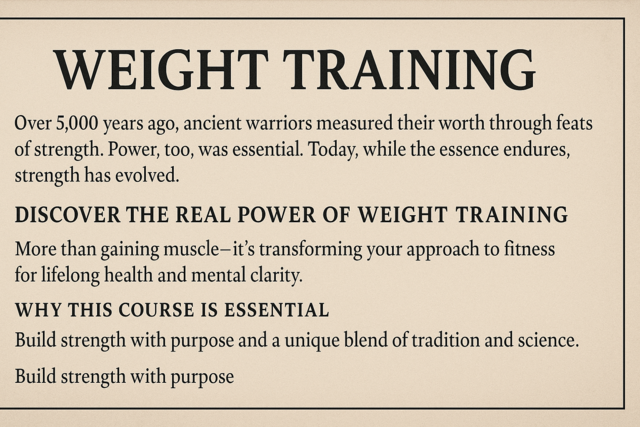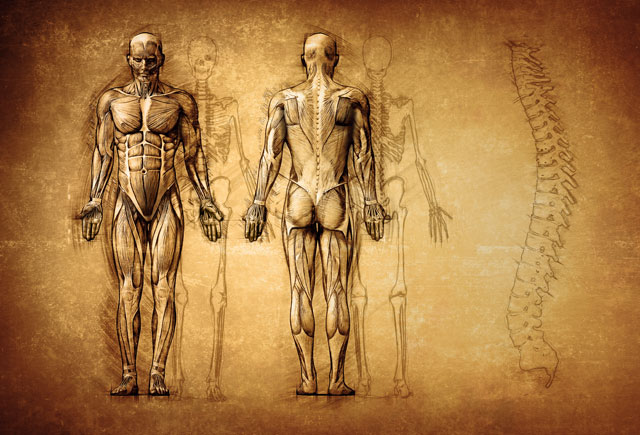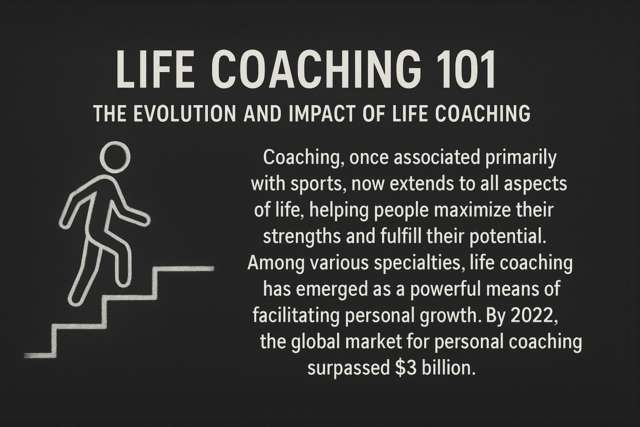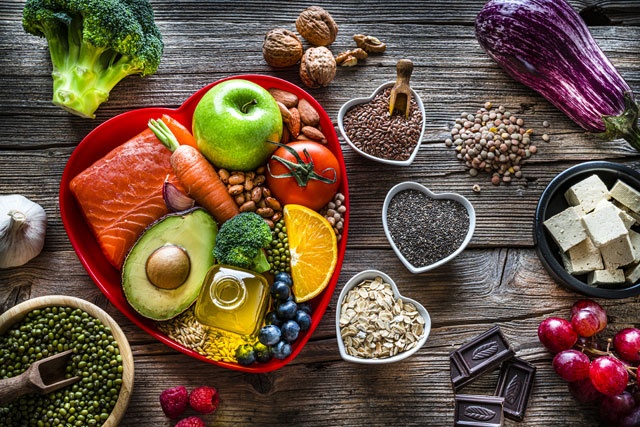?
Water-soluble vitamins are able to dissolve in water, so they can travel freely through the bloodstream. People generally don't store excess water-soluble vitamins; they are normally filtered through the kidneys and flushed out through urine, so you have to keep consuming sources of these vitamins, which is pretty easy, because they are readily available in fresh fruits, vegetables, meat, and fortified cereals.
Although there is less risk of overdosing on water-soluble vitamins (because you don't store them) it is still possible to get too much of a good thing, and it's always safest to get vitamins from a wide range of fresh, healthful food choices.
B Vitamins
All B vitamins help the body convert food into fuel, which is used to produce energy. The B-complex vitamins also help the body use fats and protein. The B-complex vitamins promote healthy skin, hair, eyes, and liver and they keep the brain and nervous system working properly.
Vitamin B1, also known as Thiamine or Thiamin, is considered an anti-stress vitamin (like many other B vitamins) because it helps improve immune function and fight the negative effects of stress. Vitamin B1 is plentiful in whole grains, pork, and beans. Thiamine deficiency is very rare in the developed world, it is usually only found in alcoholics and people with digestive disorders that prevent them from absorbing nutrients in food. In developing countries, a deficiency can lead to a disease called beriberi, which causes a tingling in the hands and feet, confusion, breathing problems, and uncontrolled eye movements.
Vitamin B2, or Riboflavin, is a free radical fighting antioxidant that works to protect cells and DNA, slowing the aging process, as well as slowing the development of a number of health conditions, such as heart disease and cancer. Antioxidants such as riboflavin can fight free radicals and may reduce or help prevent some of the damage they cause.
Riboflavin is also needed to help the body change vitamin B6 and folate into forms it can use. It is also important for body growth and red blood cell production. Good sources of riboflavin include almonds, organ meats, whole grains, wheat germ, wild rice, mushrooms, soybeans, milk, yogurt, eggs, broccoli, Brussels sprouts, and spinach.
Vitamin B3, which includes Niacin, niacinamide, and inositol hexanicotinate, helps make sex and stress-related hormones, and it helps improve circulation. Although deficiencies are very rare in the developed world, they can occur with people who have digestive disorders or very poor diet. Symptoms include indigestion, fatigue, canker sores, vomiting, and depression. In extreme cases (usually in the developing world) a condition called pellagra can develop. Pellagra symptoms include cracked, scaly skin, diarrhea, and dementia. Good food sources of Vitamin B3 include whole grains, fish (especially salmon and tuna), sunflower seeds, peanuts, and fortified cereals.
Vitamin B5, or Pantothenic Acid, helps your body produce red blood cells and a variety of hormones. It helps the digestive system function properly, and to absorb and use other vitamins. Vitamin B5 may play a role in managing cholesterol and triglycerides in the blood. This vitamin is readily available in a wide range of food sources, but it breaks down very easily during processing, so fresh whole fruits and vegetables are the richest sources.
Biotin, sometimes called Vitamin H, is a part of the B-complex group. Microscopic organisms in your intestines produce biotin, and it is recommended for helping build strong hair and nails.
Vitamin B6, or pyridoxine, is abundant in meats and whole grains. This vitamin is helps your body digest protein. It is also important for making neurotransmitters (chemicals that send messages through the nervous system), and it is important for normal brain and nervous system function. Some critical neurotransmitters include serotonin, and norepinephrine, which influence mood and a sense of well being. Another brain chemical, melatonin, helps manage your sleep-wake cycle. Many people do not get enough Vitamin B6 in their diet, but the nutrient is plentiful in chicken, turkey, fish, dairy, dried beans, spinach, sunflower seeds, carrots, and whole-grain flour.
Vitamin B9, folic acid (or folate), is critical for brain and nerve function, mental and emotional health. This vitamin is extremely important for women of childbearing age, because it helps prevent neural tube defects like spina bifida. Women who are considering becoming pregnant should ask their doctor about taking a vitamin supplement that contains folate. Many people are slightly deficient in Vitamin B9, which can lead to mental sluggishness, irritability, swollen tongue, gingivitis, and shortness of breath. Vitamin B9 is abundant in fortified cereals, dark, leafy greens, asparagus, turnips, beets, and beans.
Vitamin B12, found in fish, meat, poultry, eggs, and fortified cereals. This vitamin is important for red blood cell formation, nerve function, and DNA replication. When people don't get enough Vitamin B12 for an extended period of time, they may develop a type of anemia, fatigue, weakness, constipation, or nerve problems like tingling in the hands and feet. It is possible to get too much Vitamin B12, which can hide the key symptoms of an underlying medical condition, without fixing the problem itself.
Vitamin C
Although some animals can make their own Vitamin C, people have to get it from the food they eat. Oranges, grapefruits, peaches, red peppers, papayas, and other fresh fruits are delicious vitamin C sources.
Like Vitamin E, Vitamin C is a powerful antioxidant that binds unpaired electrons and keeps them from doing damage. Vitamin C deficiency is rarely seen in the modern world, but it used to be fairly common among sailors and pirates, and it causes the condition called "scurvy." Sailors used to take a supply of fresh fruits and vegetables onboard, but when these ran out, so would their supply of Vitamin C. As the weeks wore on, scurvy set in, and the sailors would eventually develop fatigue, bleeding gums, and slow healing wounds.
Vitamin C overdose is also rare, since excess amounts are washed out in the urine, but there is some evidence that long-term mega-doses of Vitamin C may increase the risk of kidney stones.































